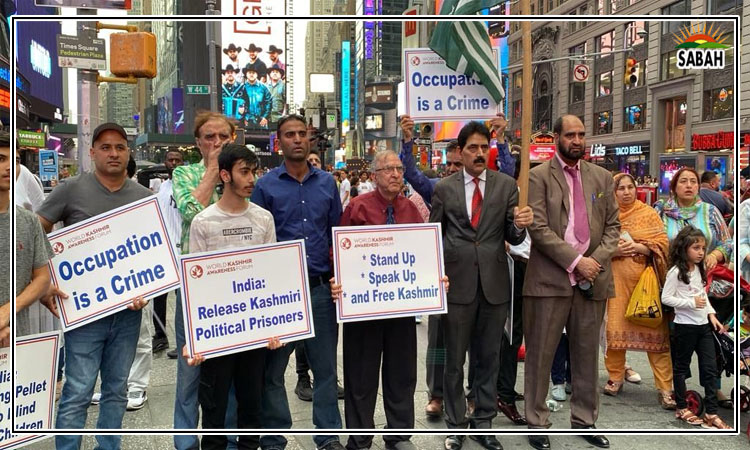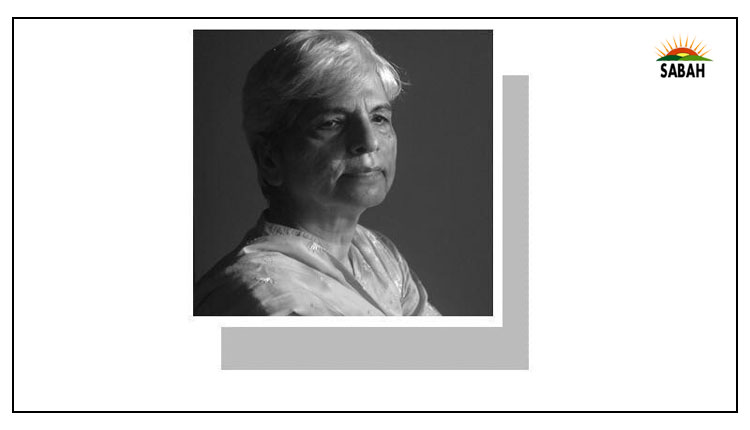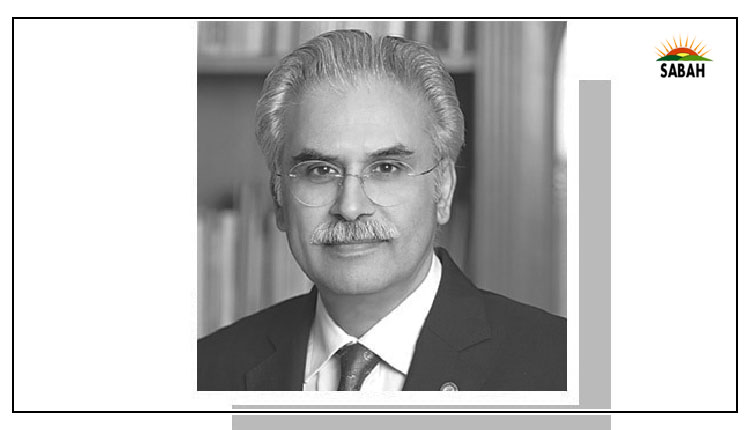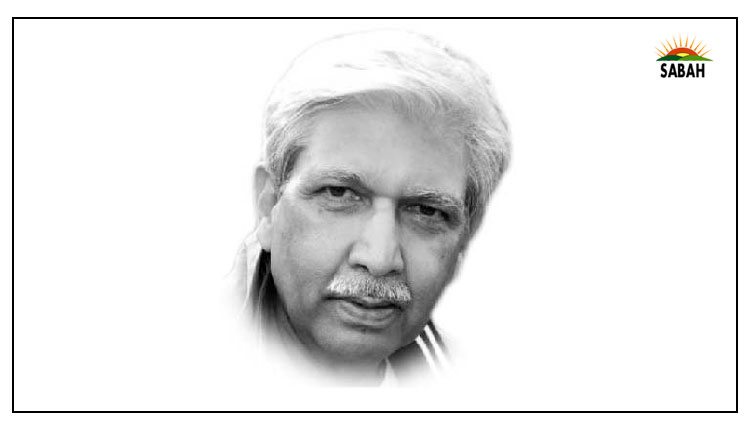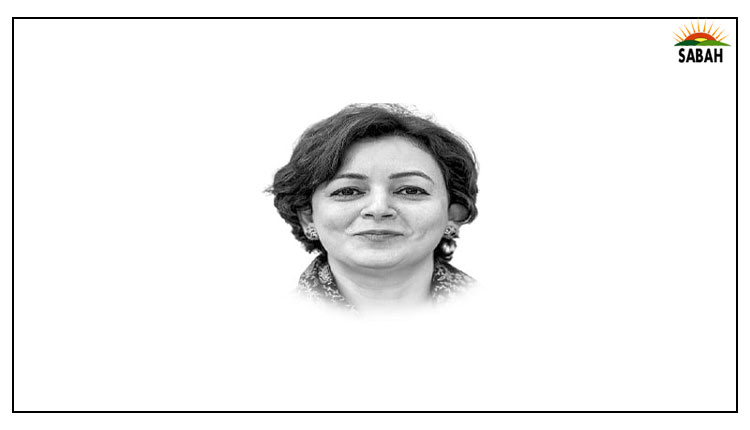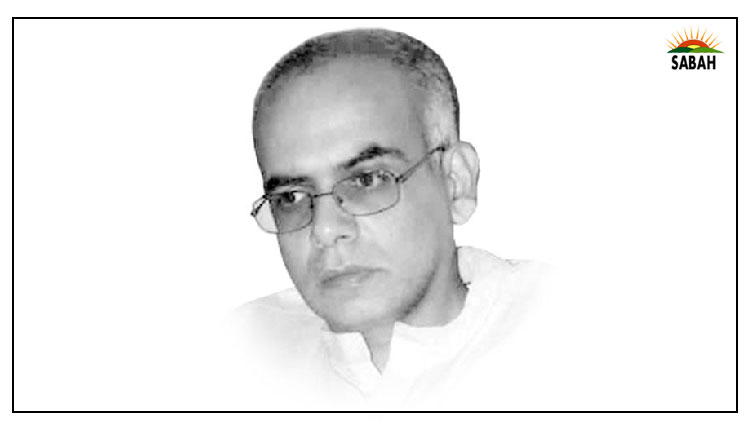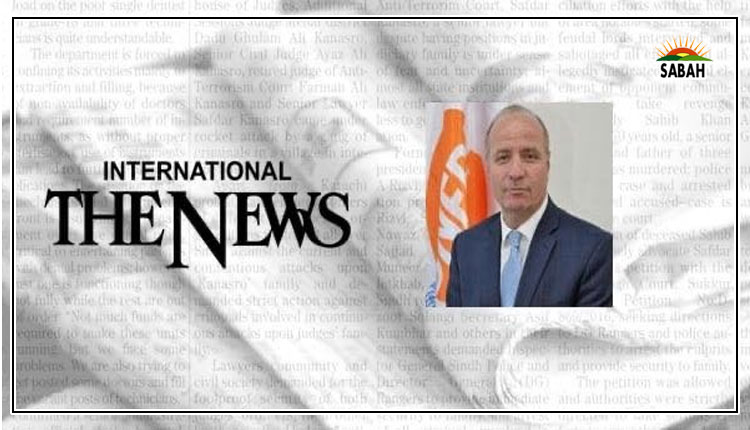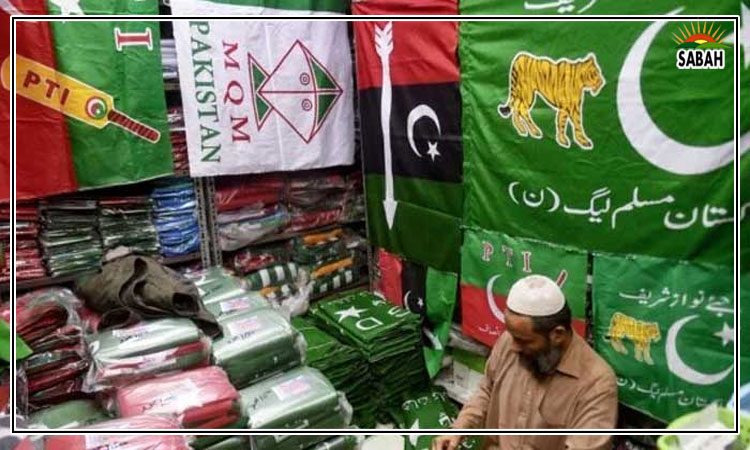Illiberalism rules the day… Syed Mohammad Ali
We have not yet seen the end of history, or the so-called dominance of the liberal political and economic order, as Fukuyama had famously predicted. Instead, there has been a resurgence of autocratic, populist and majoritarian tendencies around the world.
Illiberalism manifests itself in quite different ways. In the case of Israel, for instance, we have seen the internal apartheid coexist a system of parliamentary democracy for decades. Prime Minister Modi has been extolling the virtues of Indian governance, going as far as to call his country the mother of democracy. However, the Modi-led BJP government has perfected the art of using Hindu majoritarianism as the means to deflect the frustration felt by ordinary citizens due to the lack of benefits of a shining India trickling down to them. Hindutva ideology may provide a sense of solace or even pride to Indias religious majority, but the ensuing ultranationalism has made the lives of the countrys ethnic and religious minorities unbearable.
In the US, President Trump is hoping to make a comeback riding the wave of lingering internal polarisation as well. Meanwhile, the Democratic leadership has become so centrist that they do not offer any credible alternative to the far-right politics of Trump or other Republican contenders. Britain too has been seeing the rise of discontent and growing xenophobia under the bungling leadership of the Conservatives, led presently by a very rich person of South Asian origin, who readily endorses the anti-immigrant stance of his party.
Ultranationalism, and the far right, have also made great strides in apparent European bastions of multiculturalism, including France and Germany. In eastern European countries, such as Hungary, populist leader Orban has likened liberalism to a virus and clamped down hard on proponents of globalisation.
The expansionist aspirations of Putin, and his desire to dispel western encroachment within Russias sphere of influence, underlie his decision to invade Ukraine, which has triggered a lingering and dangerous conflict with global repercussions.
The Muslim world has seen its own fair share of illiberal governance. Besides the lingering chaos in states which suffered from US-led post-9/11 interventions, such as Afghanistan, Libya and Iraq, the Gulf states remain in the grip of monarchical rulers. Theocracy shows no signs of being dismantled in Iran. Erdogan won another term in office in Turkey earlier this year, despite having been in power for 20 years. The Arab states are now even welcoming back President Assad of Syria, given his ability to withstand the bitter internal struggle to dislodge him. Tunisia, which ignited the Arab Spring, saw the return of dictatorship with President Saied seizing power in 2021. After a brief period of rule under a democratically elected Muslim Brotherhood, the military reasserted its grip on the political economy of Egypt, under the leadership of General Sisi.
Back in South Asia, Pakistan is experiencing increased military assertion over the countrys political economy. Sheikh Hasina in Bangladesh is unwilling to relinquish power and is thus using all institutions of the state, alongside blatant repression of the opposition, in the bid to retain power in elections 2024. Coming back from the brink of economic collapse, Sri Lanka witnesses continuing governance crisis, and the discredited and ousted Rajapaksa regime has not given up its quest to resume power.
Further to the east, China may be ruthless in quelling internal dissent, but despite an economic slowdown, it is now a global superpower which challenges American hegemony. Besides trying to contend with the growing ambitions of China in the region, many East Asian countries are also struggling with authoritarian rule. Besides the brutality of the Myanmar junta and the North Korean dictatorship, Brunei, Cambodia, Malaysia and Vietnam are all under the grip of top-heavy governments, which have little appetite for dissent.
The situation in Africa is no less dire.
Despite immense growth, the world remains a very uneven place, and this is perhaps why the politics of divisiveness can generate so much traction, which in turn is readily harnessed by opportunistic leaders to grab and to retain power.
Courtesy The Express Tribune


